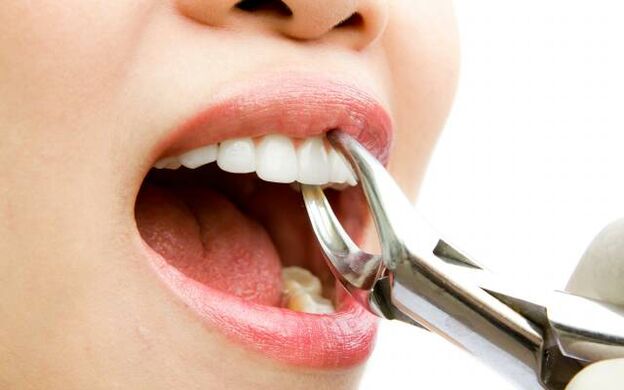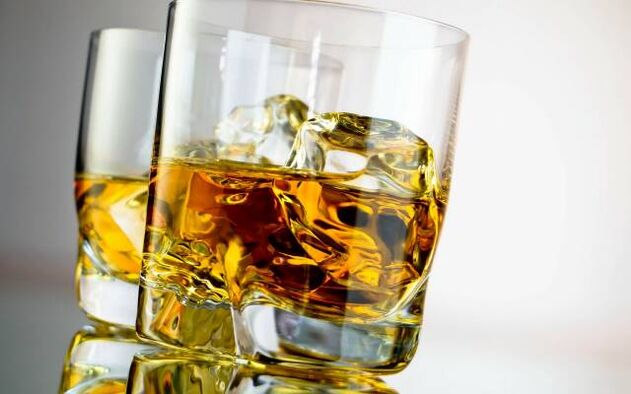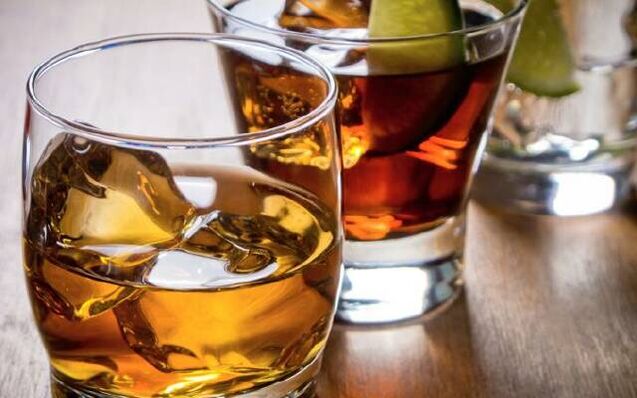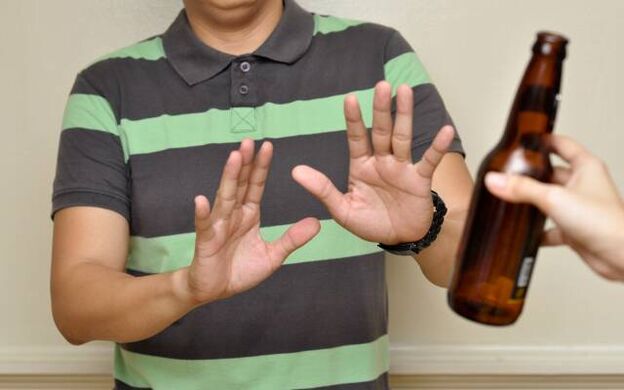Can I drink alcohol after brushing my teeth or not? This question often arises between those who extract teeth and soon give a feast. What to do in this situation, to give up alcohol or not? In what cases can you drink alcohol after brushing your teeth, and in what cases should you avoid it?
The most complex interventions related to the treatment or extraction of teeth are generally not considered overly complicated. However, the most difficult thing in this situation is to prevent the spread of inflammatory processes throughout the gums. Often, after teething, many people do not ask whether it is possible to drink alcohol after teething, they just buy and drink weak alcohol. In many cases, the excuse sounds like "extra disinfection. "However, such arbitrariness can cause serious damage to health and, in some cases, even the spread of the inflammatory process.
Reasons for the ban

Is it possible to drink anything at all after being removed? The use of plain or mineral water is allowed, but the use of sweet soda and alcohol should be postponed for several days. What is the reason for this ban? There are two important reasons for banning beer and other alcoholic beverages after teething:
- The process of stopping bleeding occurs for the first time after tooth extraction. Usually, a sterile swab is kept in the cavity to help stop the bleeding. It is necessary to prevent the development of infection, which can cause the formation of a blood clot on the surface of the gums from which the tooth is removed. Putting beer or any other alcoholic beverage in your mouth will create a kind of vacuum that will make it easier for the wound to open and new bleeding to appear. Therefore, dentists forbid smoking and alcohol for the first two days.
- Beer contains yeast bacteria formed during the fermentation process of malt. On average, they are quite useful. Especially if they enter the digestive system immediately. However, if they enter a wound that has not yet healed, they will multiply, because they are the most suitable environment for them. The inflammatory process can quickly spread from the gums to the cheeks. In addition, there will be swelling, pain, and in some cases, the swelling may even reach the ear.
Negative impact

In addition to the reasons for the ban described above, anyone who wants to know if it is possible to drink alcohol after withdrawal should keep in mind some of the serious consequences of alcohol:
- alcohol can cause bleeding. Its appearance is possible not only due to the breakdown of the formed initial blood clot, but also due to the ability of alcohol to significantly increase blood pressure;
- Alcohol irritates the mucous membranes, which slows down the process of blood clotting. This will significantly slow down the wound healing process and turn it into a breeding ground for pathogenic bacteria;
- Pain occurs when alcohol-containing liquids enter any cuts and abrasions. Taking vodka or other beverages in the open will actually cause a lot of unpleasant feelings, including burning and pain.
Effects

Some of the consequences that can occur when alcoholic beverages come to the surface of the extracted early tooth are described above. However, there is a more serious factor, so it is necessary to stop taking liquids containing alcohol for several days. This is especially important for those interested in information on whether it is possible to drink alcohol after tooth extraction.
The dentist will, of course, use anesthesia when removing the tooth. Because each person's body is purely individual, the types of anesthetic drugs are often chosen according to these characteristics. This is necessary to prevent allergic reactions or anaphylactic shock. If you drink alcohol immediately after tooth extraction, there is a risk that the interaction of the drug with alcohol can lead to the development of very serious health complications.
The result

Anyone interested in whether it is possible to drink alcohol after tooth extraction should understand that it is better to postpone drinking for a few days. Such a measure is necessary and is the best alternative to the possible complications that may arise from its use immediately after a visit to the dentist.
























